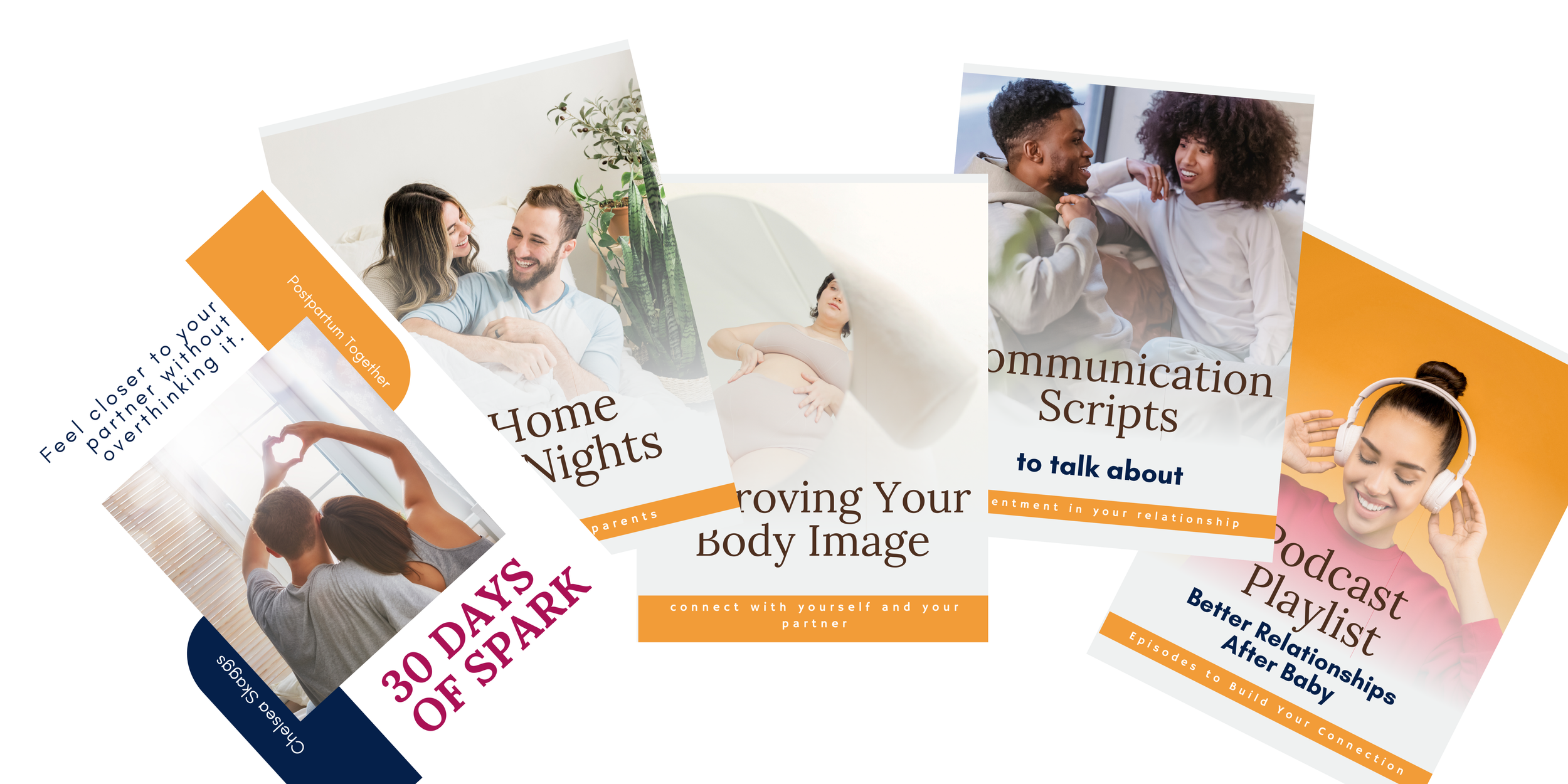Self-Help Marriage Counseling Worksheets: When to Use Them, Why They Work, and When to Go Deeper
Marriage can feel like a constant dance between connection and miscommunication, love and logistics, spark and stress. Maybe you're in a season where things feel off—not broken, just... off. Or maybe you keep cycling through the same argument on repeat, hoping for a new result. You’re not alone, and you're not failing. In fact, you might just be in the perfect place to explore self help marriage counseling worksheets.
Why People Turn to Self Help Marriage Counseling Worksheets
Let’s get real: Not everyone is ready (or able) to jump straight into therapy or coaching. Maybe:
You’re unsure how serious the issue is.
You're both juggling work, kids, and everything else, and can't coordinate schedules.
One partner is hesitant to "talk to someone."
You're the one carrying the emotional load and you're tired of waiting for something to change.
In these moments, self help marriage counseling worksheets can feel like a lifeline. They give you something tangible to work on together or individually. They offer a starting point—a way to put language to what you're feeling and clarity to what you're missing.
"The worksheet was what finally helped me realize I wasn’t crazy for feeling so unseen. It gave me words. And it gave him a way to hear me without shutting down." —Sasha
When Worksheets Can Actually Help Your Marriage
Not all tools are created equal, but the best self help marriage counseling worksheets do more than fill space—they spark connection, clarity, and communication.
Here are some key situations when these tools shine:
1. When You’re Missing Connection But Don’t Know Why
Maybe you’re not fighting, but the relationship feels more like co-parents or roommates. Worksheets that explore emotional needs, love languages, or shared rituals can guide you back to each other.
Try this: Spark Cards (30 days of mini challenges and questions to rebuild curiosity and connection).
2. When You Keep Arguing About the Same Thing
Recurring conflicts usually point to unspoken needs or misaligned expectations. Worksheets that walk you through reflective listening or identify your conflict cycles can help break the loop.
Try this: Communication Scripts Guide (a free tool that gives you conversation openers and examples for tricky topics).
3. When You’re Doing All the Mental Load
The invisible labor of life—managing schedules, meals, appointments, emotions—often falls disproportionately. If resentment is creeping in, it’s time to get that load out of your head and onto paper.
Try this: Mastering the Mental Load Workbook
4. When You're in a Busy Season and Don’t Want to Lose Your Relationship in the Chaos
Sometimes life is just a lot. Worksheets that help you communicate well during chaos can keep your relationship grounded.
Try this: 3-Part Private Audio Series (mental load, resentment, sex drive—because pretending it’s all fine doesn’t help).
What Makes a Good Marriage Counseling Worksheet?
You want more than fluff. The best worksheets are:
Guided, not generic: They help you dig into real emotions and patterns.
Simple enough to do during nap time: Because no one has time for a 40-page packet.
Supportive, not shaming: You need tools that build empathy, not guilt.
Many couples have never been taught how to talk like a team. These worksheets are your crash course in starting that shift.
“We used worksheets as a way to reconnect after a tough season. They helped us say things we were afraid to admit out loud.” —Community member
When Worksheets Aren’t Enough (And What to Do Instead)
Sometimes a worksheet is a good start, but not a complete solution. Here are some signs it’s time to go deeper:
You're using the tools, but nothing is shifting.
One of you shuts down or gets defensive whenever deeper issues come up.
You need someone to reflect your patterns and blind spots back to you.
You're craving accountability and encouragement to keep growing.
In these cases, it’s not a failure of the worksheet—it’s a sign that you’ve reached the next level of your growth.
That’s where coaching can be powerful. In my Relationship Blueprint Calls, we look at the whole picture: your communication, your connection, your mental load, and your shared values. Then we create a custom action plan to help you move forward together.
How to Start With Worksheets (Without Overwhelm)
You don’t have to overhaul your marriage this weekend. Start small:
Pick one focus area. Maybe communication, maybe resentment, maybe rebuilding intimacy.
Choose one resource. (I’ve got several listed above based on what you're dealing with.)
Set a time to do it. Even just 20 minutes a week.
Commit to curiosity, not criticism. This is about learning each other, not "fixing" your partner.
Final Thoughts: You’re Not Alone, and You’re Not Too Far Gone
Your relationship deserves care. You deserve clarity. Whether you’re dipping your toe in with self help marriage counseling worksheets or ready to jump into deeper support, I want you to know: there’s no shame in needing help. And there’s power in taking the first step.
If you're ready to start that step today, grab the free Communication Scripts or explore the audio series and mental load workbook. If you want personalized support, let’s talk about a Relationship Blueprint Call.
Because you don’t have to figure this out alone. And you don’t have to keep having the same fight again and again.

